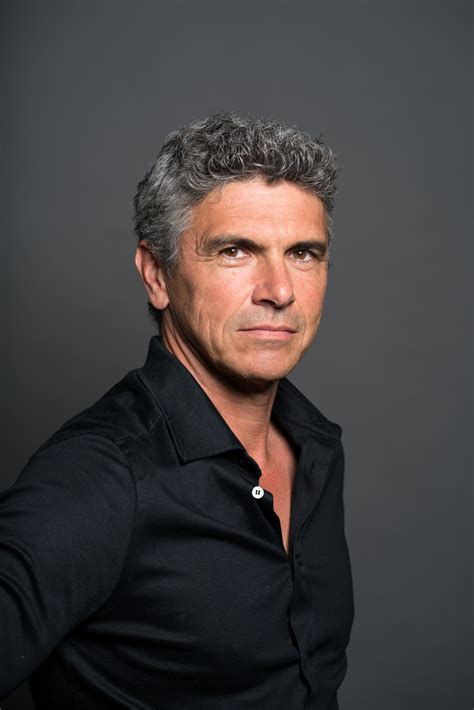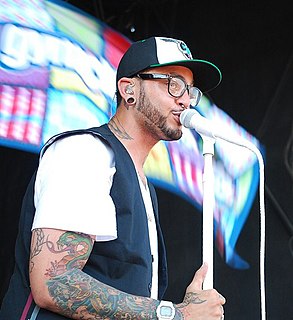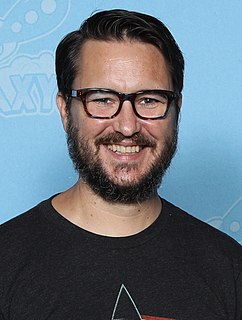A Quote by David Remnick
Most magazines have peak moments. They live on, they do just okay, or they die. 'The New Yorker' has had a very different kind of existence.
Related Quotes
'Royal Beatings' was my first story, and it was published in 1977. But I sent all my early stories to 'The New Yorker' in the 1950s, and then I stopped sending for a long time and sent only to magazines in Canada. 'The New Yorker' sent me nice notes, though - penciled, informal messages. They never signed them. They weren't terribly encouraging.
I've never felt more American than I did when I moved to England. It becomes a real kind of part of your identity: "Oh, Ben. He's the American guy." I think when you say you're from New York you get a different reception then if you just say, "I'm American." So I'd always kind of make sure I was a New Yorker first.
Isao had never felt that he might want to be a woman. He had never wished for anything else but to be a man, live in a manly way, die a manly death. To be thus a man was to give constant proof of one's manliness-to be more a man today than yesterday, more a man tomorrow than today. To be a man was to forge ever upward toward the peak of manhood, there to die amid the white snows of that peak.
I remember I grew up in Pasadena in a very, kind of, homogeneous, kind of, suburban existence and then I went to college at Wesleyan University in Connecticut. And there were all these, kind of, hipster New York kids who were so-called 'cultured' and had so much, you know, like knew all the references and, like, already had their look down.
Clay Felker was then - he had - to his credit, he had created New York Magazine, which was the first of the city magazines that covered the city and gave all kinds of advice and all that sort of stuff. And there were copies all over the country by the time he left. He had, however, a view of journalism that was very much, I must say, like Tina Brown's at The New Yorker. You hit 'em hard, fast, give 'em something to talk about the day after the paper comes out, as contrasted with William Shawn, who gave them something to talk about two or three years from then.
Our family may seem extraordinary in some magazines or something, but at home it's not. We're really just a very loving family. We're very close, and we don't read magazines. We just kind of go to work and come home. We try to keep a sense of reality into their lives. What's truly real, not Hollywood real.
































